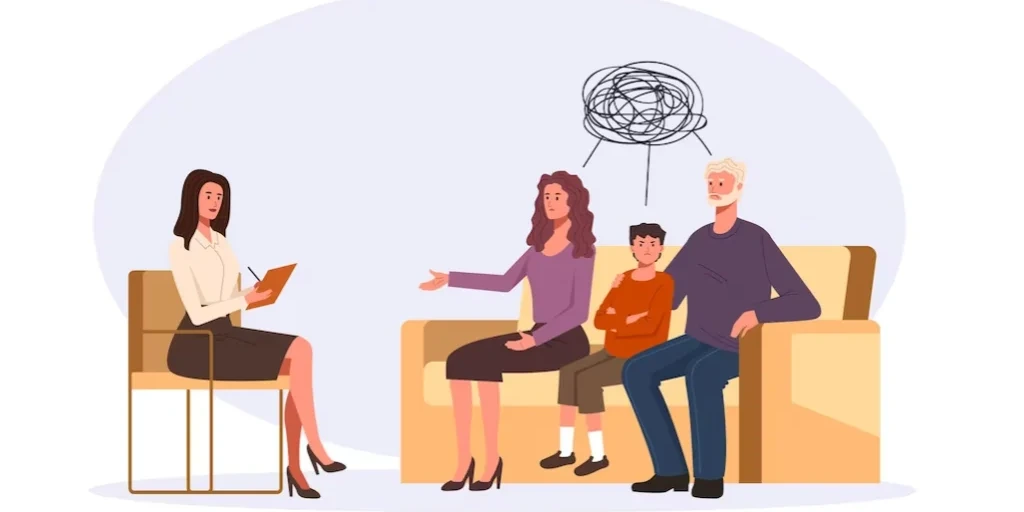24/7 Helpline:
(866) 899-221924/7 Helpline:
(866) 899-2219
Learn more about PTSD Treatment centers in Marion County

Other Insurance Options

Cigna

Sutter

Aetna

Covered California

Optum

Molina Healthcare

Oxford
Beacon

Premera

Self-pay options

Amerigroup

AllWell

Horizon Healthcare Service

BlueCross

Carleon

Medical Mutual of Ohio

Anthem

Highmark

CareSource

Private insurance

Family Continuity Peabody
Family Continuity Peabody is a private rehab located in Peabody, Massachusetts. Family Continuity Pe...

Citizens Inn Transition
Citizens Inn Transition is a private rehab located in Peabody, Massachusetts. Citizens Inn Transitio...

Community Substance Abuse Centers
Community Health Care offers outpatient treatment for individuals dealing with opiate addiction. Mer...














































Pioneer Healthcare
Pioneer Healthcare is a private rehab located in Peabody, Massachusetts. Pioneer Healthcare speciali...

























































































































































